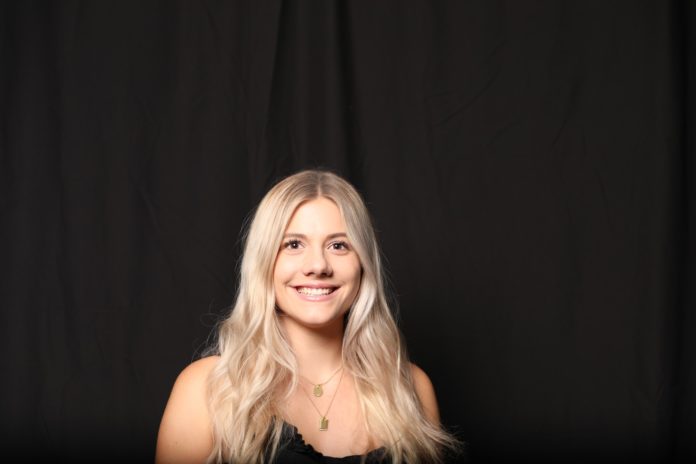By Morgan Harlan | Assistant News Editor
Halloween is a holiday dedicated to transforming into someone or something else. Despite the fun of dressing up as someone else, there are limitations to how far one should go with their costume.
Dressing in a costume that appropriates another culture, no matter the way you intend it, can be both offensive and an inaccurate depiction.
In the past year, many celebrities, television personalities, and politicians have come under fire for either condoning dressing in “blackface” or participating in it themselves. Blackface is applying dark makeup to appear as a different skin tone or ethnicity.
Finally, those misappropriating other cultures are being held accountable for their actions.
For example, Canadian Prime Minister, Justin Trudeau wore brownface to an Arabian Night themed party in 2001. The picture of Trudeau was resurfaced and published this September. According to Time, the photograph appears in the 2000-2001 yearbook of West Point Grey Academy, a private day school where Trudeau was a teacher. Trudeau was attacked on social media, and people across the globe called for him to resign.
Trudeau won re-election, but Canadian voters started to doubt his leadership ability because of his concious choice to wear blackface. Trudeau should have been held accountable for his actions despite the fact it occurred several years before his political endeavors. He has served as an example that your actions can still affect your future.
In the Baylor published article, “Race, Culture Expert Shares History and Why Blackface and Other Cultural Appropriation at Halloween Is Inappropriate,” Dr. Mia Moody-Ramirez, Department Chair and Professor of Journalism, Public Relations, and New Media at Baylor University, dives into the importance of politically correct costumes.
“Dressing in blackface during Halloween is inappropriate because the blackface tradition is founded upon the enactment of demeaning stereotypes of black people,” Moody-Ramirez explained.
Moody-Ramirez said blackface has been frowned upon since the blackface minstrel shows of 18th and 19th centuries when various aspects of African/African American culture were appropriated and used for profit.
“When in doubt chose another costume,” said Moody-Ramirez.
When selecting a Halloween costume, the bottom line should always be pick something that does not directly tie to any culture or ethnic group.
For example, a Native American outfit is representative of the history and culture of our nation’s first people who were forced onto reservations. Blackface signifies the oppression of the African people that were ripped from their homeland and forced into slavery. These costumes are not appropriate to wear because they are associated with pain of a culture.
Think before you get dressed on Oct. 31st.






